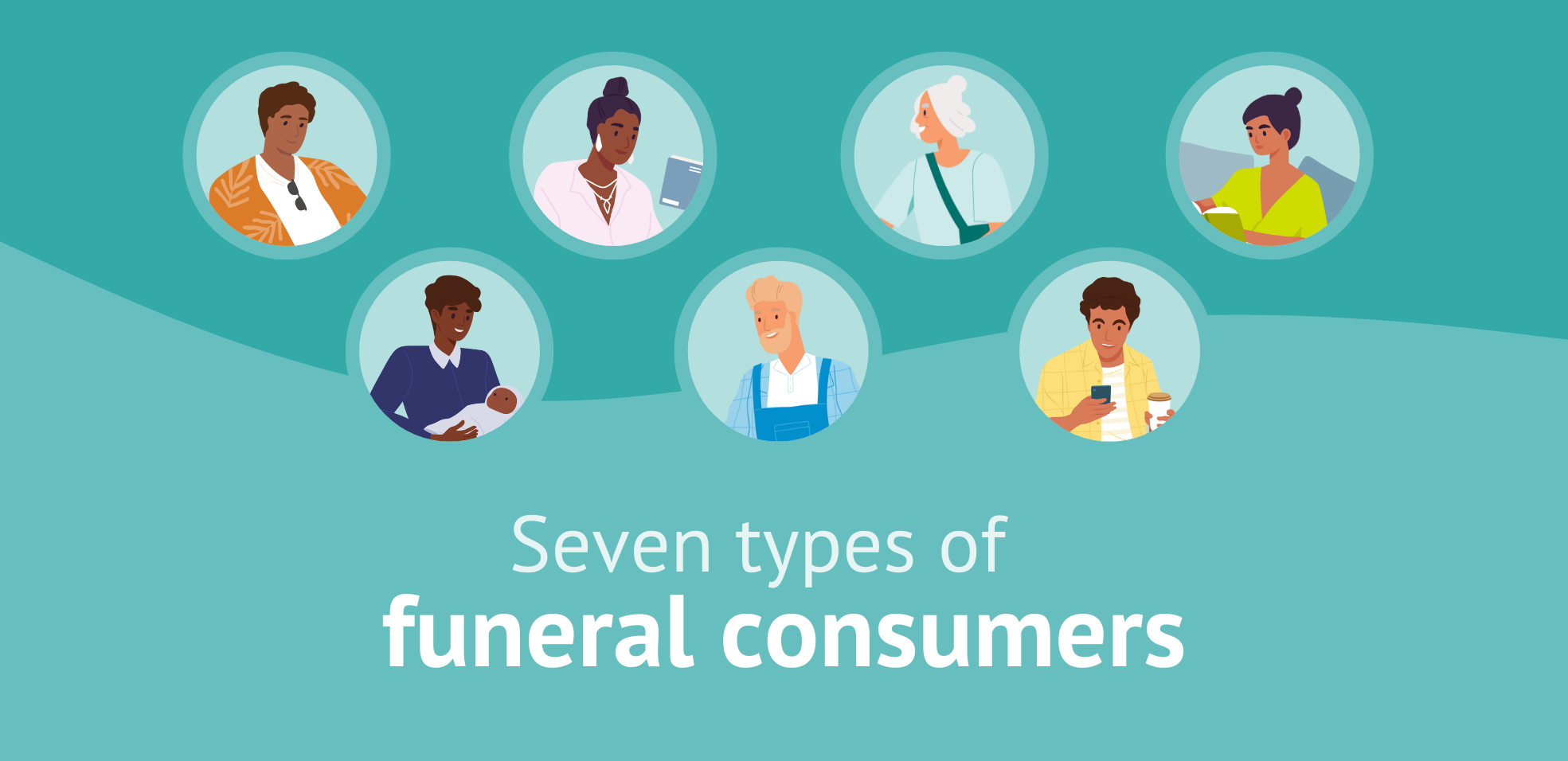3 key things to remember when working with hospice
December 11, 2024
If a family member got angry with you during a meeting, would you respond in anger and assume they were just rude?
Absolutely not. Why? Because you understand that the person is grieving and going through a really difficult time. And during that time, it's your job to take care of them.
But what about when you're driving in traffic and a stranger cuts you off? You might immediately assume the person is rude. But what you don't know is the person may have been speeding to try to make it to the hospital for the birth of their child.
Unfortunately, perception often equals reality. And misunderstandings can happen when you’re working with your local hospice, especially if there’s a lack of awareness about each other's services.
But if you make an effort to bridge the gap between you and hospice, you can build trust and support more families in their care.
In this article, learn 3 key things to remember when working with hospice to better serve families.
#1: Education leads to new opportunities
Your local hospice likely knows a few things about your funeral home, like that you own the cemetery down the street or have certain services listed on your website.
But there are a few key things they should know about your business, and it's your job to educate them.
First, hospice should know that you share their passion for serving families. By showing hospice that you're working toward a common goal, you'll be able to create mutual respect for each other and take steps toward a stronger relationship.
After sharing your passion for helping families, you can provide further education on the value of your role. Here are a few ways you can do that:
-
Offer to explain different service types and how each can meet a family's needs in unique ways.
-
Explain that if a family wants cremation, you offer services to accompany it to create the most meaningful service.
-
Reassure hospice that you keep a family's budget in mind just as much as they do.
Read about one outreach coordinator's perspective on working with hospice and how education was key in opening the door for a stronger relationship in this article. 👉
#2: A simpler transfer of care can bridge the gap
Like you, hospice professionals want things to be easy and convenient for their families. That's why many recommend the fastest, easiest forms of funeral service, which can sometimes leave you out of the equation.
The good news is there are things you can do to make the transfer from hospice to you easy for everyone involved, such as:
-
Assigning a point person at your funeral home that hospice reps can call when a patient is nearing the end of life.
-
Offering technology that allows hospice staff to help the family start funeral planning. With an online, at-need planning tool like Passare's Planning Center, hospice workers can help families with tasks like filling out vitals so that when the death occurs, the family has one less thing on their to-do list.
-
Asking to meet with hospice families who have selected your funeral home ahead of time. That way, both the hospice worker and families will get to know you before a family is in your care.
Find more ways to bridge the gap by reading about 5 successful strategies to collaborate with hospice in this blog. 👉
#3: An ongoing relationship helps you serve families better
How do you work with hospice beyond answering their call when a death occurs? While being available to help when hospice needs you is essential, an ongoing relationship will help you continue to support hospice families.
Think of it this way: you don’t meet with a family once and not talk again until the service. You likely check in on them to see if they need anything and help them make sure everything gets done. You probably even have an aftercare program in place to connect with families long after the service ends.
While you may not offer the same type of care for hospice as you would for your families, there are things that you can do to maintain a strong relationship with them, such as:
-
Collaborate with hospice on community events like remembrance days or volunteer events
-
Offer to enroll hospice in your aftercare services to help them grieve the loss of their patient
-
Provide questions for hospice workers to ask that will help them walk families through the early stages of funeral planning
Read the ultimate guide to working with hospice
Hopefully, this article provided you with a few tips and strategies for building and strengthening your relationship with hospice.
Read our Hospice Guide for an in-depth plan (and more awesome tips) on creating a strong outreach program.
See Passare's case management software, along with Planning Center, in a demo with our team.









